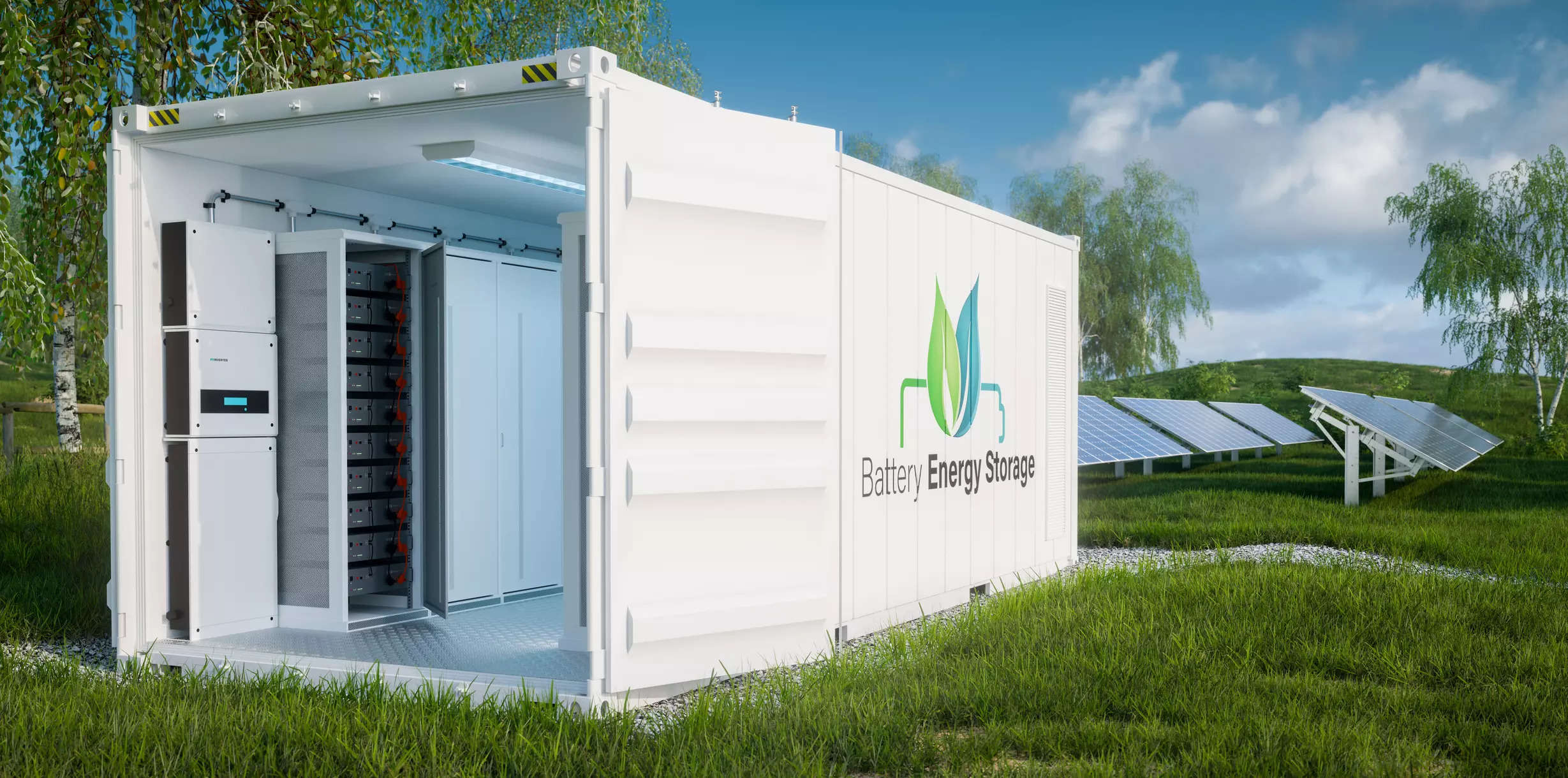
The approved project, a 20 MW/40 MWh BESS, will be strategically installed at BRPL’s 33/11 kV Kilokari substation and is on track to be the fastest BESS project to be commissioned, with a record time of 18 – 20 months from conceptualisation to implementation.
BESS, a key enabler for energy transitions, is crucial for India and other countries to realise their transition goals. The project aims to improve the power quality and enable 24/7 reliable power in the area for over 12,000 low-income consumers. In collaboration with its alliance partners, GEAPP is targeting 1GW of BESS commitments in India by 2026, aligning with India’s ambitious goal of deploying 47 GW of BESS by 2032.
A BSES spokesperson said in a statement,”The regulatory approval of the BRPL BESS project marks a significant milestone in our efforts to integrate renewable energy sources into the grid and enhance reliability for our consumers. This project exemplifies our commitment to embracing cutting-edge technologies to meet the evolving needs of our customers while advancing towards a cleaner, more sustainable energy future,” said
India’s urgent need for BESS integration in the distribution grid is underscored by the country’s substantial Variable Renewable Energy (VRE) penetration, which exceeds 12% in certain regions. The BRPL BESS project is touted to be the first commercial standalone BESS project at the distribution level in India to receive regulatory approval for a capacity tariff and will play a pivotal role in facilitating the uptake of low-cost VRE by the New Delhi Utility (BRPL).
The project’s significance extends beyond its innovative tariff model. With a levelised annual tariff of Rs 57.6 lakh per MW, nearly 55% lower than the previous benchmark (Rs 130 lakh/MW/year), the project sets a new standard for BESS affordability in India.The BRPL BESS project boasts a comprehensive Monitoring, Evaluation, and Learning (MEL) plan aimed at sharing key insights and learnings with other Indian DISCOMs, state regulators, and power sector stakeholders in India and across Asia, Africa, Latin America and the Caribbean. This knowledge-sharing initiative underscores GEAPP’s commitment to driving innovation and scalability in the energy sector in India and emerging markets worldwide.GEAPP’s role in the project extends beyond financing. Through technical and commercial expertise, GEAPP collaborated closely with BRPL to demonstrate the value of BESS at the DISCOM level. The concessional loan provided by GEAPP ensures an end tariff that is attractive to regulators, paving the way for future BESS projects in the country.
The benefits of the BESS project for DISCOMs are multifaceted, ranging from reduced power procurement costs and enhanced grid stability to deferred capacity upgrades and improved resource adequacy. Furthermore, the project sets a regulatory precedent for BESS integration, unlocking the pathway for future projects across the country.
Saurabh Kumar, Vice President – India, GEAPP said in a statement, “We are proud to support the pioneering BRPL BESS project, which demonstrates the viability of battery energy storage solutions and sets a new standard for affordability in the energy sector. Through our concessional financing and strategic partnerships, we are driving innovation and sustainability in India’s energy landscape.”
The project SPV – Kilokari BESS Pvt. Ltd will be paid by BRPL through a fixed-capacity tariff (in INR/MW/month terms), on availability basis irrespective of the actual consumption, demonstrating its efficacy, and making it attractive for potential investors. The SPV is owned by IndiGrid and Ampere-hour Energy.











